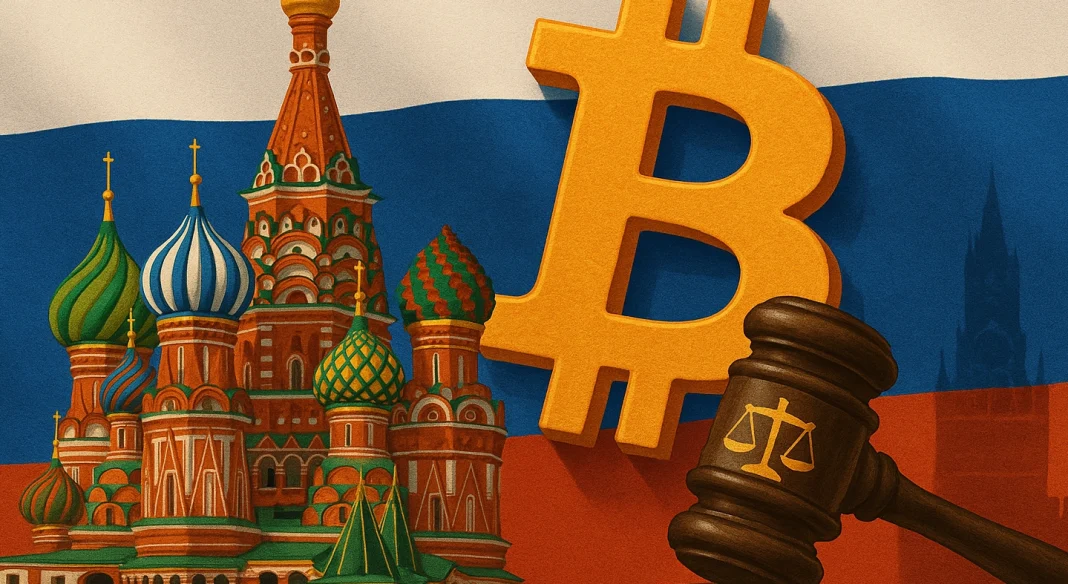Russia’s getting serious about its Bitcoin mining sector, and it ain’t just for show.
The big wigs over at the Ministry of Energy, Digital Development, and the Federal Tax Service have cooked up a plan, a registry, no less, to sniff out the tax dodgers who’ve been freeloading off the country’s electricity like it’s an all-you-can-eat buffet.
Back door
Since the end of 2024, only about 30% of miners bothered to sign up with the official Federal Tax Service register.
That’s right, just a third. Ivan Chebeskov, a finance ministry official, basically said, hey, we passed some laws, but most miners are playing hide and seek.
Imagine an office where only a handful of employees clock in on time while the rest sneak in through the back door, yeah, that’s the scene here. And you know, authorities doesn’t like that. Not at all.
Russia’s pushing for tighter legal frameworks to clamp down on illegal energy use. The government wants to make sure everyone mining Bitcoin is on the books.
Citizens can mine up to 6,000 kWh a month without registering as entrepreneurs, but go over that, and you gotta step up and declare yourself.
It’s like the office coffee machine, you can grab a cup or two, no problem. But if you’re filling a thermos twice a day? That’s a different story.
Keeping miners in check
Deputy Energy Minister Petr Konyushenko shared that this registry will help pinpoint who’s sucking up electricity for mining. And why? So they can slap the right taxes on ‘em and keep things legit.
Two laws, signed by President Putin in late 2024, laid down the groundwork, defining mining, pools, registration rules, and even banning foreigners from mining in Russia.
Plus, the government can shut down mining in certain areas if they want. Think of it like management deciding who gets to use the company printer and when.
But don’t get too excited just yet. Nikita Zuborev, chief analyst at BestChange, says full legalization?
Not quite. More like some rules to keep industrial miners in check. It’s like giving the office a new attendance sheet but not exactly throwing a welcome party.
Two sides
Now, the backdrop here is tricky. Since the Ukraine conflict kicked off, Russia’s been under heavy EU sanctions.
Exchanges like Deribit had to pull back services for Russian users unless they jump through hoops like dual citizenship or residency in Europe.
Also, winter mining bans are in place in some regions to prevent blackouts, because nobody wants crypto mining to fry the power grid.
Interestingly, PAO Rosseti, the Russian power giant, is eyeing ways to host mining operations using idle electricity.
So, mining’s legal, but trading crypto? Not so much. It’s like letting you use the company gym but not letting you sell protein shakes on the side.
Disclosure:This article does not contain investment advice or recommendations. Every investment and trading move involves risk, and readers should conduct their own research when making a decision.
Kriptoworld.com accepts no liability for any errors in the articles or for any financial loss resulting from incorrect information.


